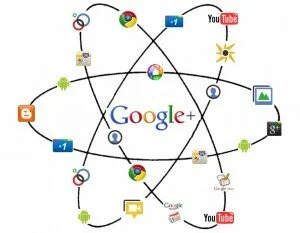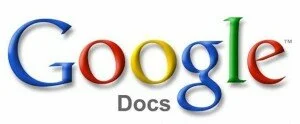 The buzz about near field communications (NFC) is totally missing the point. NFC is just a contactless (or nearly contactless) replacement for swiping a credit card. But who cares? The swipe really doesn’t need replacing. It is no more trouble to swipe a credit card than it is to tap a smartphone on a pad. 20 credit cards stacked up in your pocket is still a tenth the size and weight of your smartphone. Saving that weight or hassle when you are headed to the gym is hardly a compelling vision. It is just not valuable to consumers or merchants, especially when you consider the hassles one has to go to in order to manage the security risks.
The buzz about near field communications (NFC) is totally missing the point. NFC is just a contactless (or nearly contactless) replacement for swiping a credit card. But who cares? The swipe really doesn’t need replacing. It is no more trouble to swipe a credit card than it is to tap a smartphone on a pad. 20 credit cards stacked up in your pocket is still a tenth the size and weight of your smartphone. Saving that weight or hassle when you are headed to the gym is hardly a compelling vision. It is just not valuable to consumers or merchants, especially when you consider the hassles one has to go to in order to manage the security risks.
The excitement is misplaced. The things to get excited about are systems which handle the payment for you by tapping into the smarts of a mobile device and your identity and your context to create a relationship between you and the vendor, to the potential benefit of both. Currently an NFC tap is every bit as anonymous and devoid of context as the tried & true credit card swipe. What you want is a system that knows it is you and allows the merchant to relate to you in the form of loyalty awards, discounts and relevant offers.

 Brian S. Hall has posted a super-harsh smack-down of Google entitled “How Do I Hate Google? Let Me Count the Ways.” (Link is to Business Insider repost because the original post includes offensive language that detracts from his points.) As a big fan of a lot of what Google has done (noted here and
Brian S. Hall has posted a super-harsh smack-down of Google entitled “How Do I Hate Google? Let Me Count the Ways.” (Link is to Business Insider repost because the original post includes offensive language that detracts from his points.) As a big fan of a lot of what Google has done (noted here and  Gotta love when everybody wins. I finally got around to trying the optical character recognition (OCR) engine recently built into Google Docs, and I have to say, I am pretty impressed. It’s not perfect, but its GOOD ENOUGH to turn the text in any scan or PDF or photo into editable text. Some editing and clean-up is required, but it beats re-typing the whole document.
Gotta love when everybody wins. I finally got around to trying the optical character recognition (OCR) engine recently built into Google Docs, and I have to say, I am pretty impressed. It’s not perfect, but its GOOD ENOUGH to turn the text in any scan or PDF or photo into editable text. Some editing and clean-up is required, but it beats re-typing the whole document.